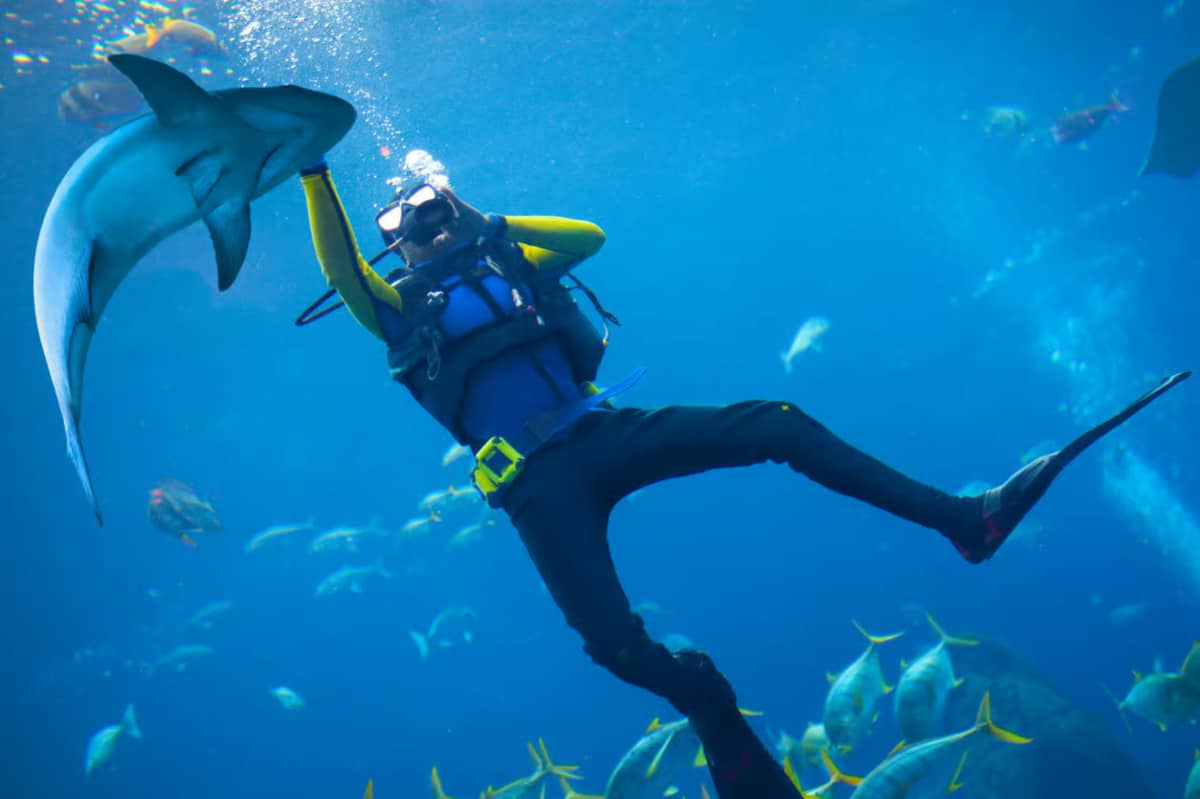It sounds like a scene from a nature documentary: flip a shark onto its back, and the ocean’s top predator suddenly goes limp, paralyzed in a trance-like state. This curious reaction, known as tonic immobility, has fascinated scientists for decades—and a new study suggests it may be more of an evolutionary leftover than a survival strategy.
A predator in a trance
When sharks are gently turned upside down, their muscles relax, their movement stops, and they drift into a temporary paralysis. Researchers have documented this for years, even using it to safely study and tag live animals.
A recent study tested 13 species of sharks, rays, and chimaeras (so-called “ghost sharks”) and found that seven reacted with full immobilization when flipped. While other animals—like opossums or lizards—use a similar freeze response to escape predators, sharks don’t seem to benefit. In fact, orcas exploit the weakness by intentionally flipping sharks to render them helpless before feasting on their nutrient-rich livers.

Why does the shark become completely still when it is turned onto its back? © Vchat, iStock
Old theories, new doubts
Scientists once proposed three main explanations: that freezing protected sharks from predators, that it helped with mating by reducing female resistance, or that it acted as a kind of sensory overload shutdown.
But none of these stand up well. The mating theory fails because males and females respond the same way—and immobility may actually put females at risk of forced or harmful mating. The sensory theory remains speculative at best.
This has led researchers to a more convincing explanation: tonic immobility may simply be an ancestral trait left over from the earliest common ancestors of sharks, rays, and chimaeras.
An evolutionary leftover
Over millions of years, the behavior has disappeared in some lineages but stuck around in others. For reef-dwelling species, freezing could be fatal—imagine a small shark wedged in coral, suddenly paralyzed, unable to escape. Yet in open waters, the trait isn’t dangerous enough to disappear completely.
That makes tonic immobility a kind of evolutionary relic: a once-useful behavior that lingers because it doesn’t cause enough harm to vanish.
Why it matters
Not every behavior in nature is adaptive. Some are quirks of history—remnants of ancient survival strategies that no longer serve a purpose but still echo through modern species.
In sharks, tonic immobility is a reminder that even the ocean’s most formidable predators carry traces of a long and complicated evolutionary past. Far from being flawless killing machines, sharks reveal how the march of evolution leaves behind strange and surprising traits.

